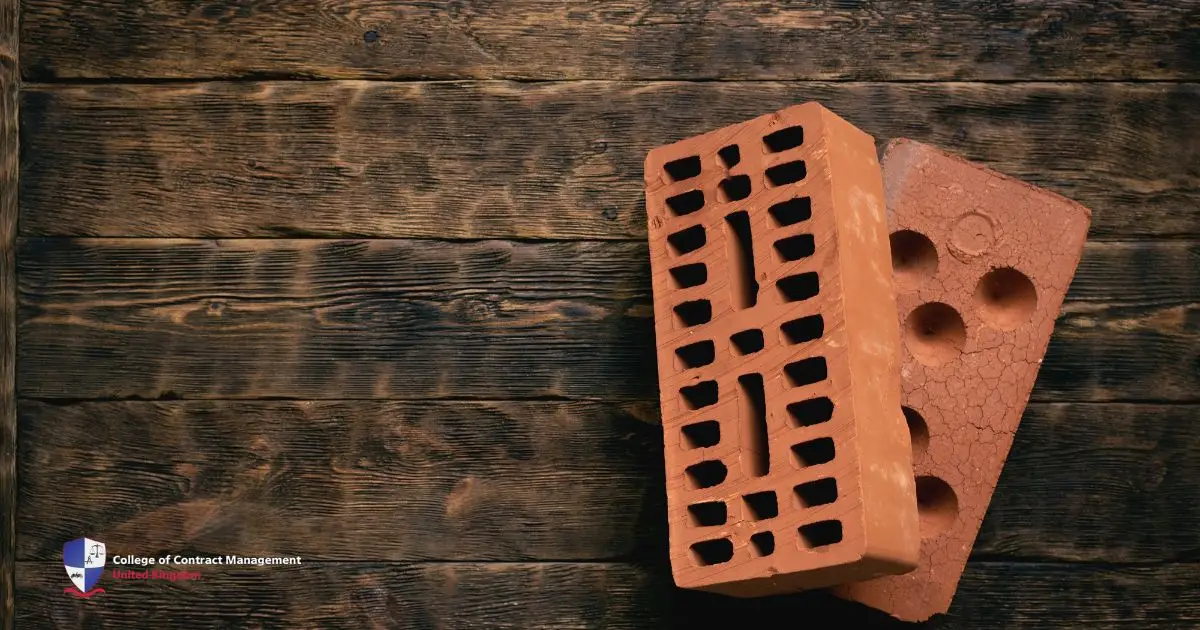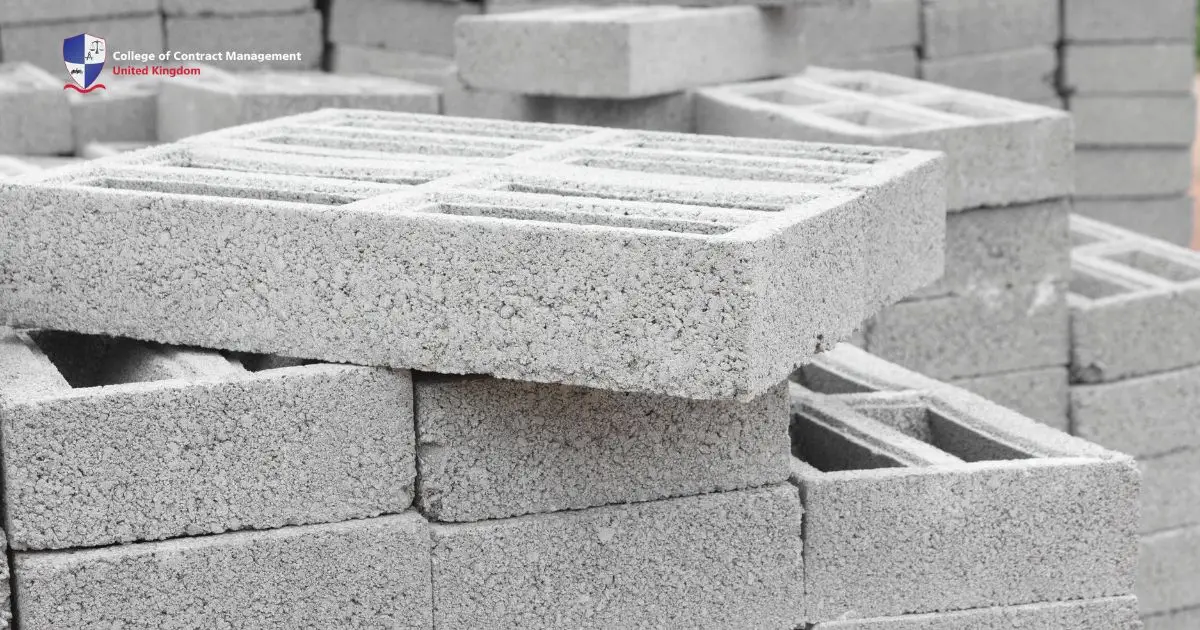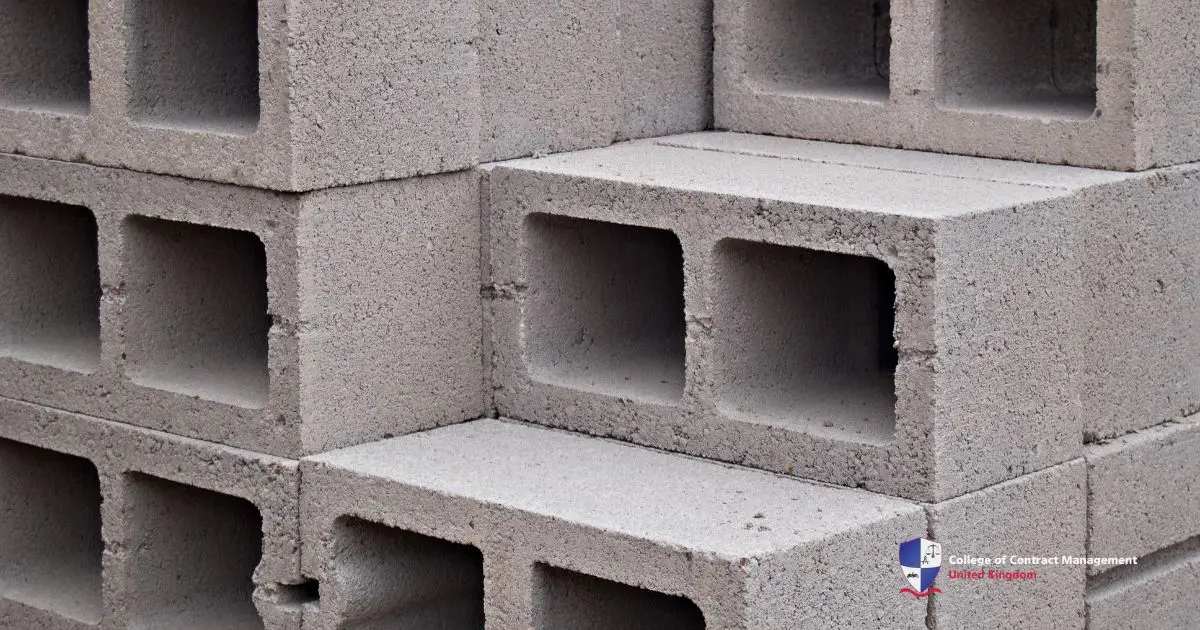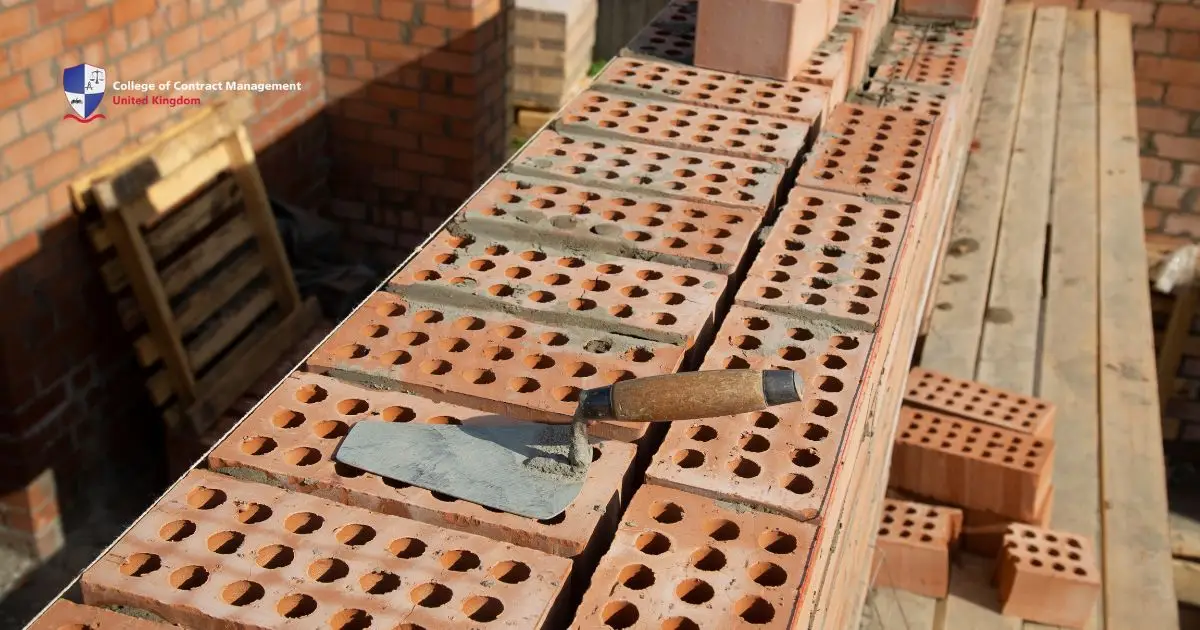Did you know engineering bricks support over 30% of high-rise building structures? Their superior performance has made them a crucial component in construction. They serve as the construction base by holding heavy loads so the building can remain last for a long time. Besides, their manufacturing process enhances their strength.
These bricks are a popular choice for both commercial and residential projects. They ensure both structural integrity and visual appeal in buildings. Furthermore, their high compressive strength and low water absorption rates make them versatile. Their resistance to extreme environments ensures longevity, and their cost-effectiveness makes them a practical choice.
In this article, we'll explore the different types of engineering bricks and their benefits. We will look at their uses and factors to consider. In addition, we provide insights into their manufacturing processes and quality control. As a result, you'll understand how to choose the right bricks for your needs.
What are Engineering Bricks?
Engineering bricks are specialist construction bricks that offer high-pressure resistance, low water absorption, and protection. They are made from a clay and shale mixture and baked at a high temperature to create a dense material. This process makes them ideal for structures in tough environments like basements, sewer systems, and bridges.
These bricks can withstand pressures up to 100 N/mm², which is double that of regular bricks (around 50 N/mm²). In short, they are an excellent choice for construction that requires high strength and durability.
Types of Engineering Bricks
Designed to work well in rough environments, engineering bricks work best in areas exposed to moisture or heavy structures. These bricks provide enhanced durability and strength compared to the standard bricks. In line with this, we will show you two types that offer benefits depending on a project's specific needs.
Class A Engineering Bricks
Class A Bricks are often used for demanding applications such as walls and foundations. They can also be used in wet environments like basements and sewer systems. Their pressure resistance of 125 N/mm² makes them absorb less than 4.5% of water. These bricks generally appear blue, which comes from iron compounds.
Class B Engineering Bricks
General constructions such as walls and pavements commonly use Class B Bricks as the foundation. They have a pressure resistance of 75 N/mm² and absorb less than 7% water. These bricks typically come in red and are cheaper than the Class A bricks, making them a preferred option for many uses.
Engineering Bricks vs Standard Bricks
Engineering bricks and standard bricks are different based on the material and function. These bricks are made from high-quality clay and fired at very high temperatures. This process makes them strong, dense, and less likely to absorb water. They are ideal for tough construction like bridges, walls, and sewers. Standard bricks are made from regular clay and fired at lower temperatures, which makes them more porous. They are moderately strong and work best for simpler construction projects.
Engineering bricks focus on strength and durability, with smooth surfaces and plain colours like red or blue. They are perfect for places with harsh weather or heavy loads. Standard bricks come in many textures and colours, making them great for decorative walls. They are also cheaper and widely available for everyday building.
Advantages of Engineering Bricks
After understanding the different types and their specific uses, it becomes clear how this brick is essential for building projects. Their special features make them ideal for many uses. For instance, their composition makes the construction stay longer. Therefore, here are the advantages of using it in construction:
- Strength and Durability: These bricks resist high pressure, making them suitable for weight-bearing structures. They do not easily break or get damaged under pressure.
- Water Resistance: These bricks are dense and absorb very little water, making them ideal for use in moist areas, such as basements, foundations, and sewer systems.
- Long Lifespan: Because they are strong and resistant to weather, these bricks last a long time, reducing the need to fix or replace them often.
- Flexibility: The builders can use these bricks in various construction, such as foundations, soil-retaining walls, and covered openings in the ground for maintenance. Their flexibility makes them a go-to material for special building needs.
Factors to Consider When Choosing Engineering Bricks
When selecting bricks for a building project, you must consider several factors to ensure strength and performance for the intended purpose. Factors such as durability and cost play crucial roles in whether a brick is ideal or not for the project. Being aware of how to determine if these qualities exist in engineering bricks will help you guarantee your project emerges successfully without having to spend too much.
Additionally, the brick quality should influence your choice to achieve both functionality and visual appeal. Here are the key points:
Strength and Durability
The strength of the brick is essential for ensuring long-term use. You'll need bricks with higher strength ratings, such as Class A or Class B, for foundations or industrial buildings.
Water Absorption
Engineering bricks that absorb too much water can weaken over time, especially in damp conditions. Low water absorption in areas like basements or exterior walls helps maintain the brick's strength and steadiness.
Size and Shape
The size and shape of the bricks should match your project's needs. While manufacturers widely produce standard sizes, designers or builders may require custom sizes for unique designs. It's important to select bricks that fit the project's structural needs and ensure proper positioning and steadiness.
Quality Standards and Approval
Ensure that the bricks you select meet the necessary rules and approvals. These bricks are typically tested for strength, water absorption, and other important qualities. Look for approvals such as ISO or local standards to ensure the bricks meet quality expectations.
Cost
Cost is always a factor when choosing materials for a building project. These bricks vary in price depending on their strength, quality, and material type. While staying within budget is important, choose the bricks that meet the necessary needs to avoid expensive fixes later.
Tips for Using Engineering Bricks in Construction
Designed for structural parts that need high strength, engineering bricks are resistant to damage. Moreover, they are durable and long-lasting. These bricks are perfect for foundations and harsh environments. When using them in construction, ensure they work well with other materials. Following that, here are some tips for using them in construction:
- Know their strength and durability: These bricks are ideal for walls and foundations because they can handle heavy pressures. These bricks absorb very little water and are resistant to chemicals like acids. These bricks work great in areas exposed to moisture, such as basements or underground structures.
- Choose the right cement mixture: These bricks need a stronger cement mixture because they are harder and denser than regular bricks. A common mix is 1 part cement to 3 parts sand. However, you may need to adjust the mix depending on the project.
- Handle and store carefully: Store bricks in a dry, level area to prevent damage. Keep them away from water and freezing temperatures, which can affect their strength. Handle them carefully during transport and installation to avoid cracks.
Conclusion
Engineering bricks are perfect for building projects because they are strong, long-lasting, and water-resistant. They perform well in foundations, basements, and other areas requiring reliable materials. Their ability to handle heavy loads and stay strong in wet conditions helps reduce the need for fixes or replacements over time.
If you want to learn more about selecting the right building materials and making informed decisions for your projects, consider exploring the courses and resources available at the College of Contract Management. With expert guidance, you can gain valuable knowledge to enhance your skills and ensure success in your construction career.





